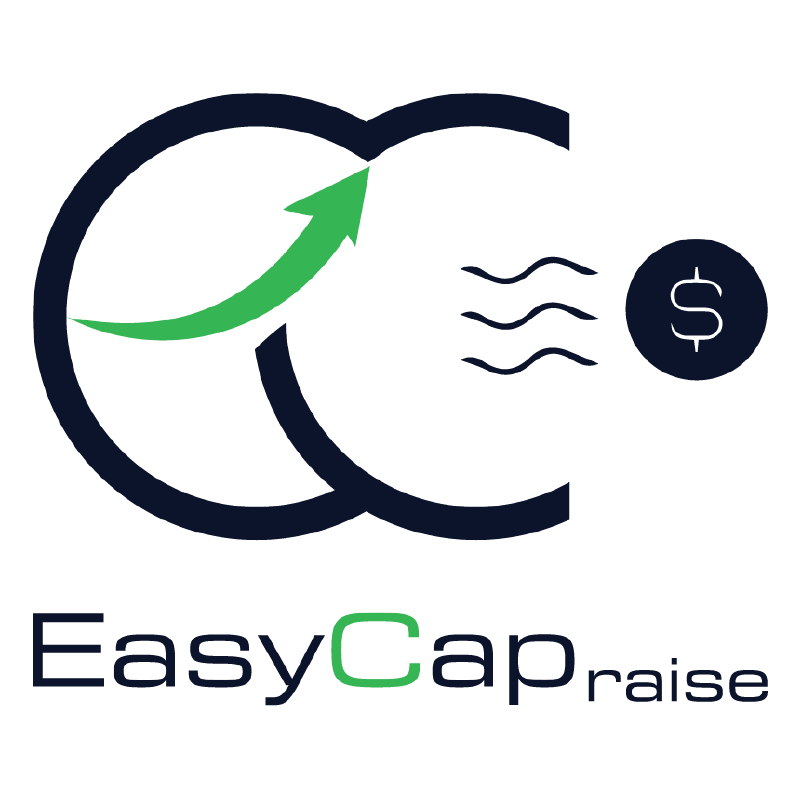How to make your startup stand out in a recession?
As we approach 2023, it’s crucial for startup owners to focus on making their startup stand out in a recession. This means evaluating their business’s KPIs, pinpointing strengths and weaknesses, and identifying operational gaps. Developing a strategic plan for the upcoming year and being prepared for a range of scenarios is also essential for startups to succeed in a challenging economic climate.
2022 was the end of an era of low capital costs that supported fast revenue growth. But currently, signs are not looking good, everything in the economy has changed, and we will experience a long period of downturn. High inflation rates – we have an article on how inflation affects startups in this link – after the pandemic has forced major central banks worldwide to increase interest rates to levels that have not been tested over the last decade. As a result, the economy is slowing down to the extent that the US recession is effectively certain in the next 12 months in the new Bloomberg economics model projections. Also, big tech companies like META and AMAZON announced that they would lay off thousands of their employees in the year ahead.
So, with that in mind:
- How can startups survive the 2023 recession?
- What strategy is more approachable for founders to manage their business in 2023?
Actually, in the real world, some founders just preserve the status quo and hope for the best, some blindly cut expenses across the board, and, in contrast, some use the downturn to make their business more effective so when growth returns, they will be in an even better position to move quickly.

It’s often said that tough economic times bring out the best in exceptional businesspeople and emerging companies. Additionally, during economic recessions, everything is less expensive, and there are fewer competitors in the market, which leads to more opportunities for businesses and startups with strong teams and solutions. Many of the world’s largest companies today came from previous recessions. For example, Microsoft was founded during the 1975 oil embargo recession, Electronic Arts (EA) was founded in 1982 during the worst economic downturn since the Great Depression, and Airbnb is one of the famous examples of the Great Recession that raised funds from Sequoia Capital in 2008, and also Uber scaled up in 2009 again after a great recession. In addition, it is noteworthy to mention WhatsApp, a multimedia messaging application with built-in end-to-end encryption. Founded by two former Yahoo employees in 2009 during the economic crisis, WhatsApp was acquired four years later by Facebook (now Meta) for $19 billion in a record-breaking transaction.
So how did they overcome the downturn and become the ultra-famous companies in their market? What lessons can we take from their strategies? What are the similarities in their approaches toward difficult times in the business cycles?
Even though every recession is unique, there are some crucial actions startups can take when things are uncertain. An entrepreneur can make 2023 a year of striving and success if he/she has the right mindset and uses an intentional approach.
1.Balanced growth and profitability
In times of recession, investor sentiment is beginning to shift away from companies that pursue a growth-at-all-costs strategy. Business leaders must consider how much they are willing to invest (and burn) to drive top-line growth. Businesses should consider the amount of investment. In addition to where to invest and when to invest, they also need to measure the return on these investments.
What we have learned from camels is to sustain growth in adverse conditions, but unicorns tend to grow fast at all costs. Successful startups tend to behave like unicorns during booms and camels during downturns. Camels go for sustainable growth, but unicorns look for rapid growth to scale up in the shortest time. You can check our article on how growth marketing for startups works. But how can startups behave like camels to have balanced growth?
- Managing costs during the business lifecycle is crucial in extending runway cash. Spending too much in the early stage to grow fast would increase the burn rate.
- Another important factor is the proper pricing and charging of customers based on the market environment. Unfortunately, some startups try to reduce prices and offer tempting discounts to attract more customers, which can result in a high burn rate and decrease the company’s cash runway.
2.Changing trajectory
A shift in the economy also affects the behavior and priorities of market participants. An intelligent entrepreneur analyzes competitors’ products and customers’ needs to find new opportunities. For example, let’s look at Mailchimp company in 2009 and its survival and innovative strategy during the financial downturn. Mailchimp’s initial focus was on providing yearly retainer-only services to only large business clients. But the Great Recession of 2008–2009 imposed new guidelines, forcing the business to rethink its business model entirely. In 2009, Mailchimp made the wise decision to launch a freemium business. The results of that change were astounding: in just one year, Mailchimp’s user base increased from 85,000 to 450,000.

1.Cost management
Most businesses experience a decline in revenue during a recession, which requires them to cut costs. There is, however, a lack of clarity among business leaders regarding how far they should go. Overcutting can hinder a company’s ability to expand in the future while waiting too long to make cost cuts puts the company’s survival in jeopardy. Here are some tips from experts that startups can use to reduce costs during a crisis:
- Automating business processes
- Being more transparent about the company’s objectives
- Identifying unnecessary cost drivers
- Trying to find ways that would increase customer lifetime value (CLTV) and would reduce customer acquisition cost (CAC)
2.Long-term outlook
It takes time and effort to build a business. In times of economic crisis, staying alive is frequently the main goal. As we have learned from history, downturns are only temporary and typically end with a longer period of growth than the recession itself. And despite the economic challenges, there are always chances for those who are prepared to seize them and have the necessary focus, ability, and execution.
Adversity, in particular, can be a powerful motivator. What sets successful entrepreneurs apart from the general population is their capacity for taking and enduring risks. Even a little economic uncertainty is unlikely to cause the most devoted recession-proof people to stray from their goals.
Finally, remember that recessions and economic crises are a natural part of the business cycle, and entrepreneurs should be prepared for them. Investors are more likely to invest in a company if it can weather a downturn. Also, as we mentioned in the article, many successful and famous companies today come from previous recessions. 2023 will be an excellent year for founders, startup CEOs, and innovators to focus more on building their businesses and startups so that they can exit with much higher valuations when the recession ends and a new bull run starts.
Have you made your 2023 business goals? It’s almost a new year, so let’s get you moving. The best way to get started is to work with a fundraising agency that can help you build a compelling story for investors, get them to write a check for you, and close the RIGHT deal for you. Book a consultation call with us to scale your business in 2023.
Contact us
Good to have you here! If you have any queries, please leave your message. Our team will reach out soon:)
.








